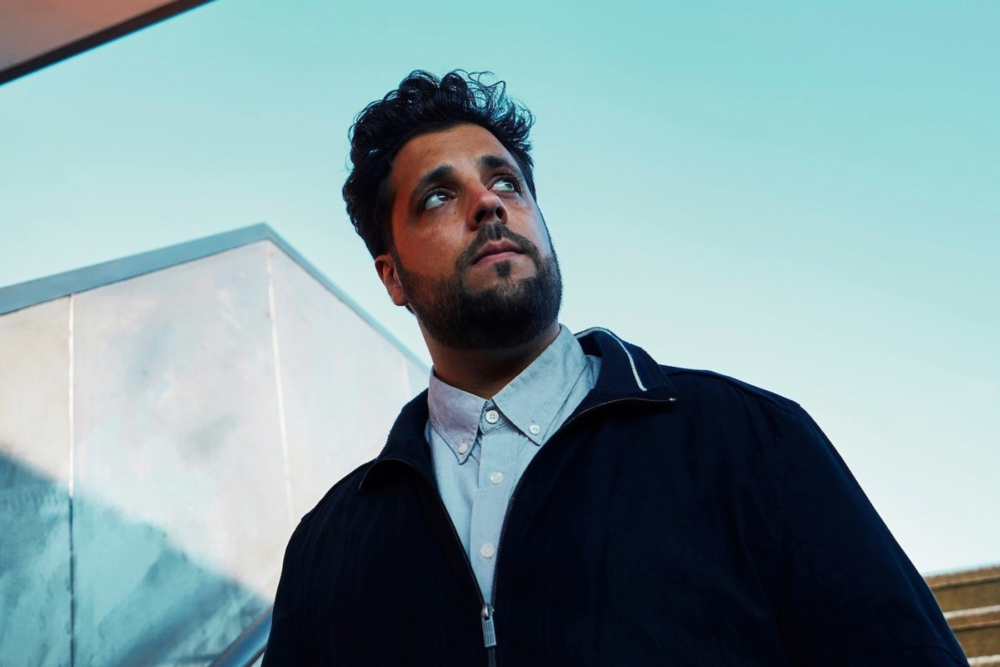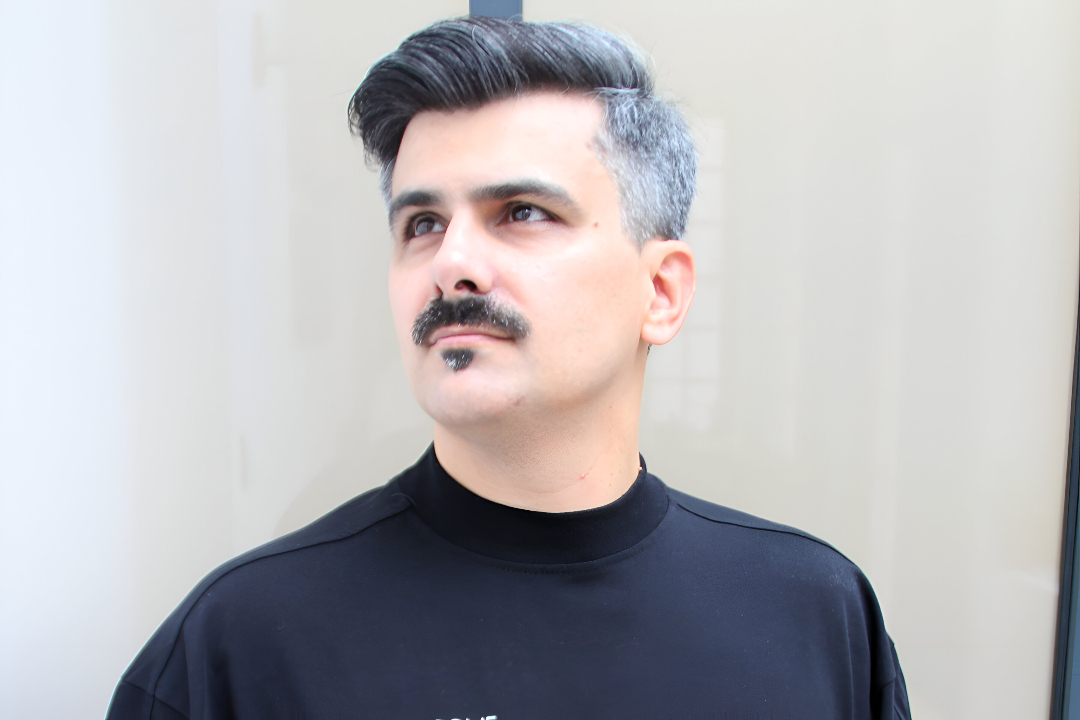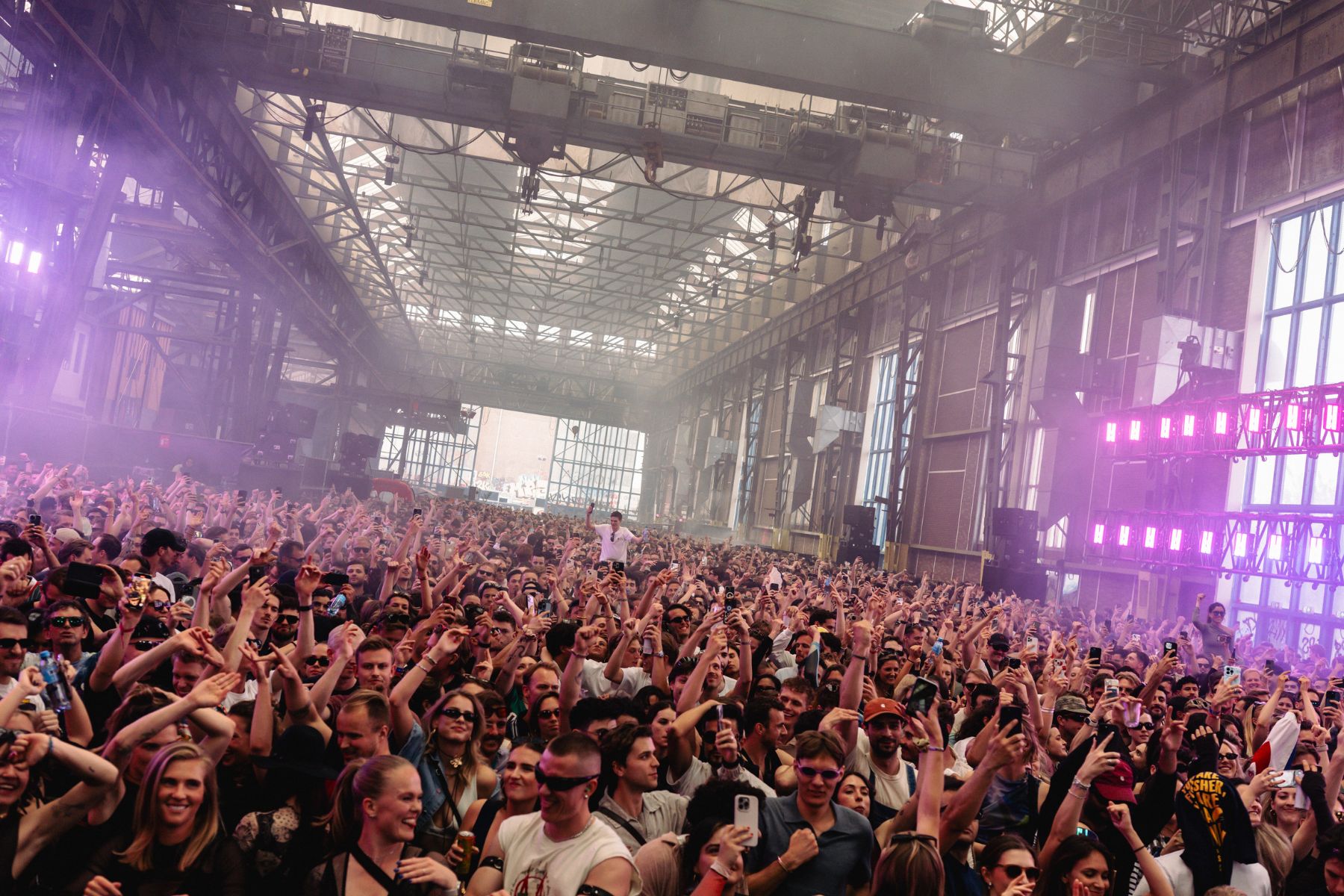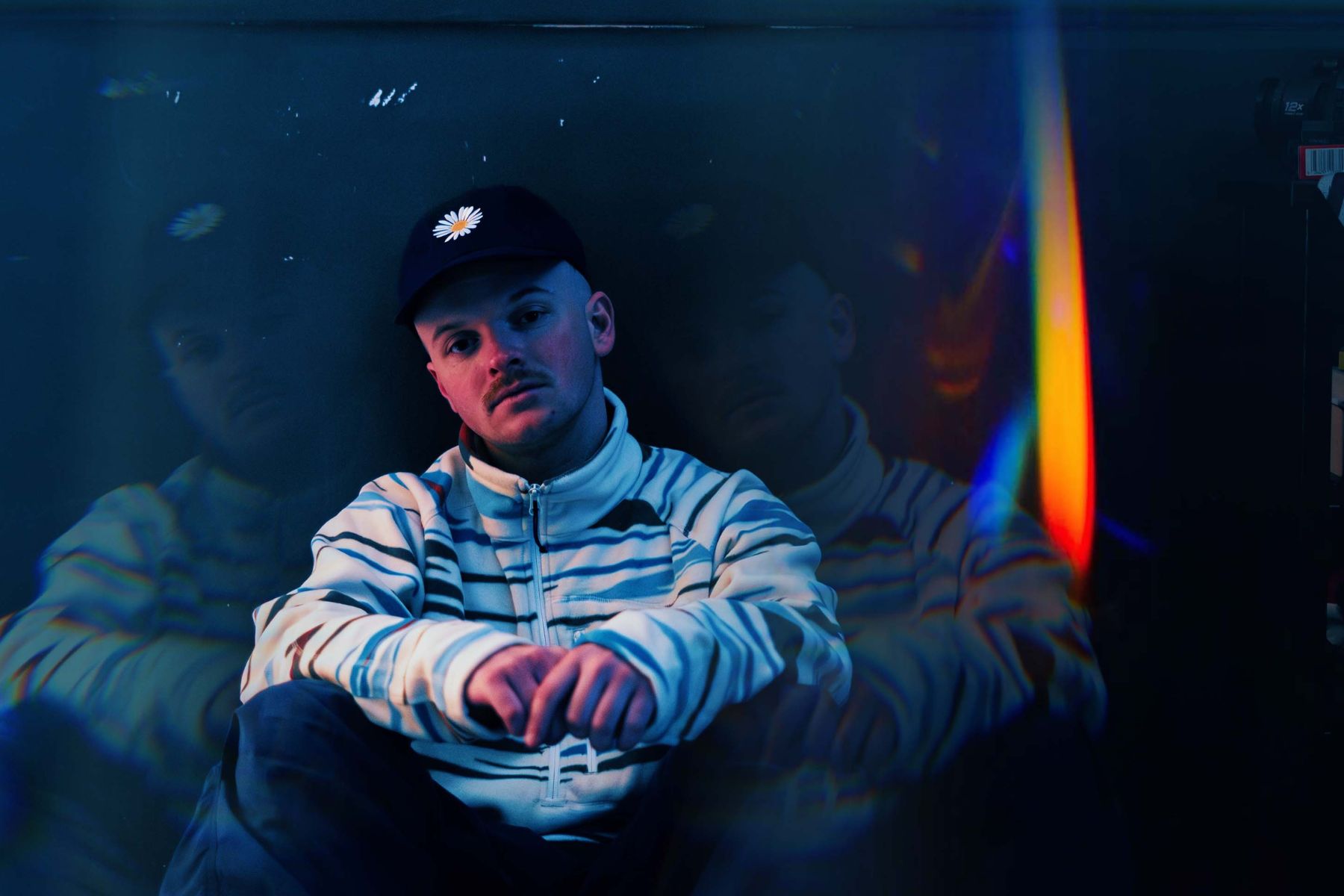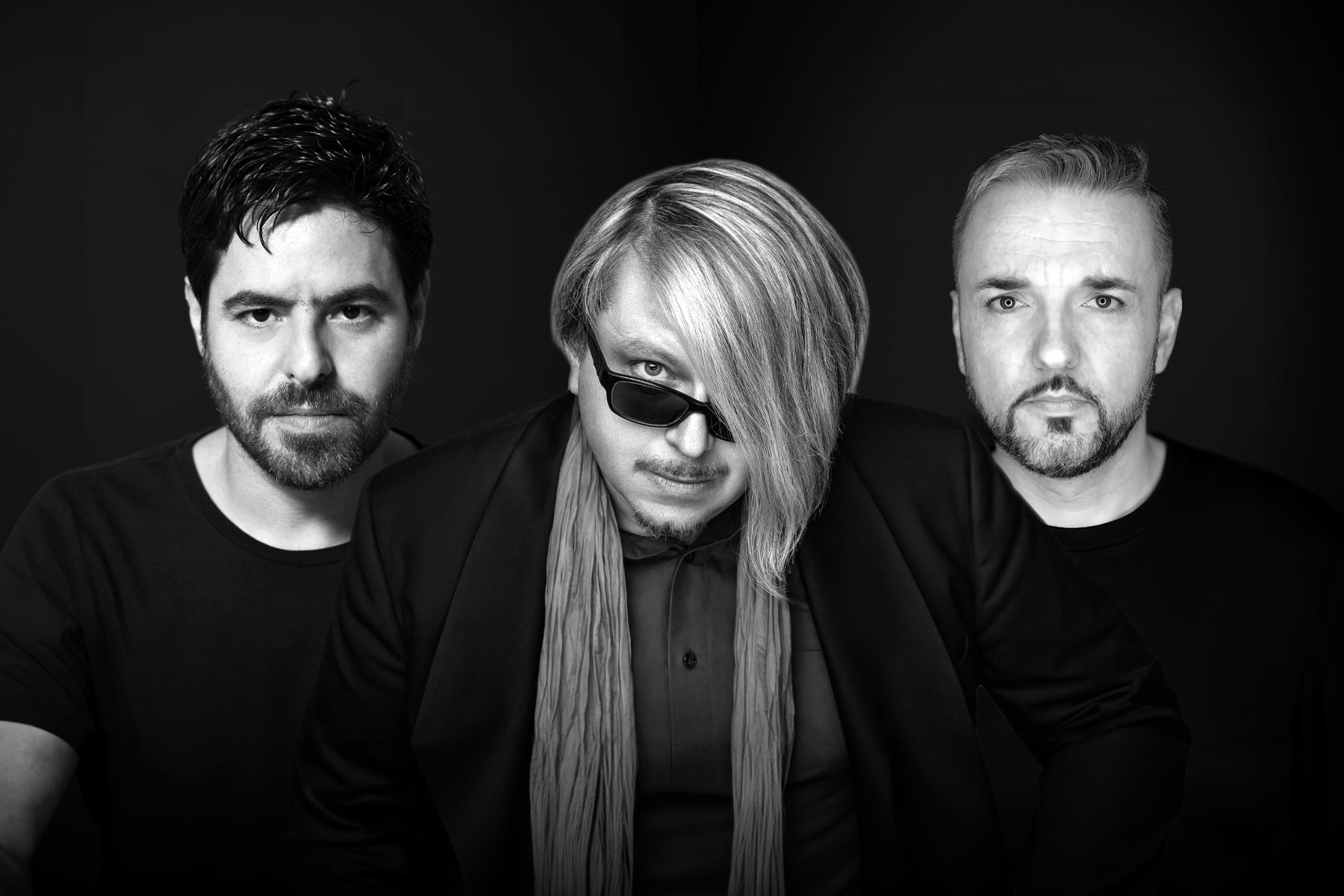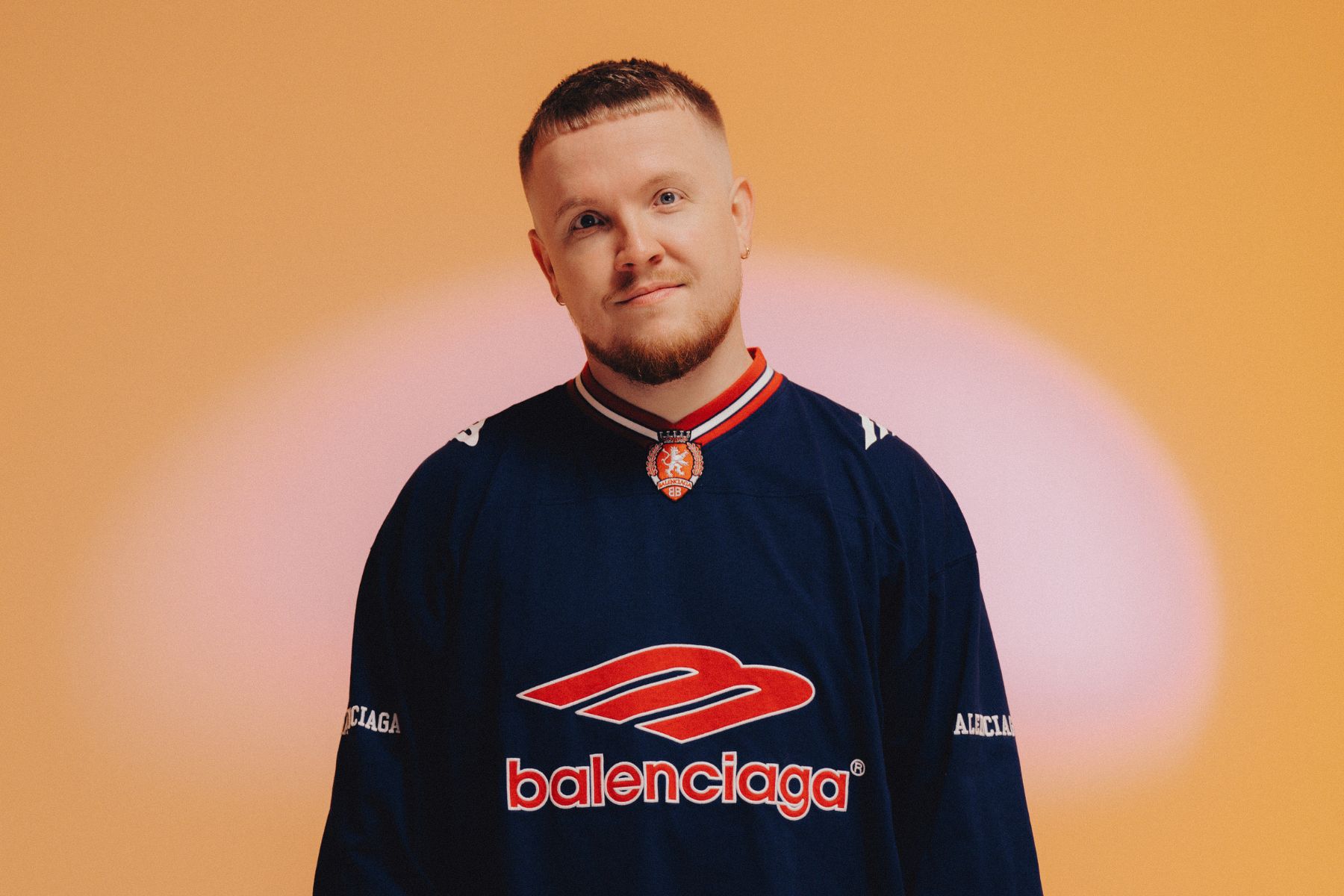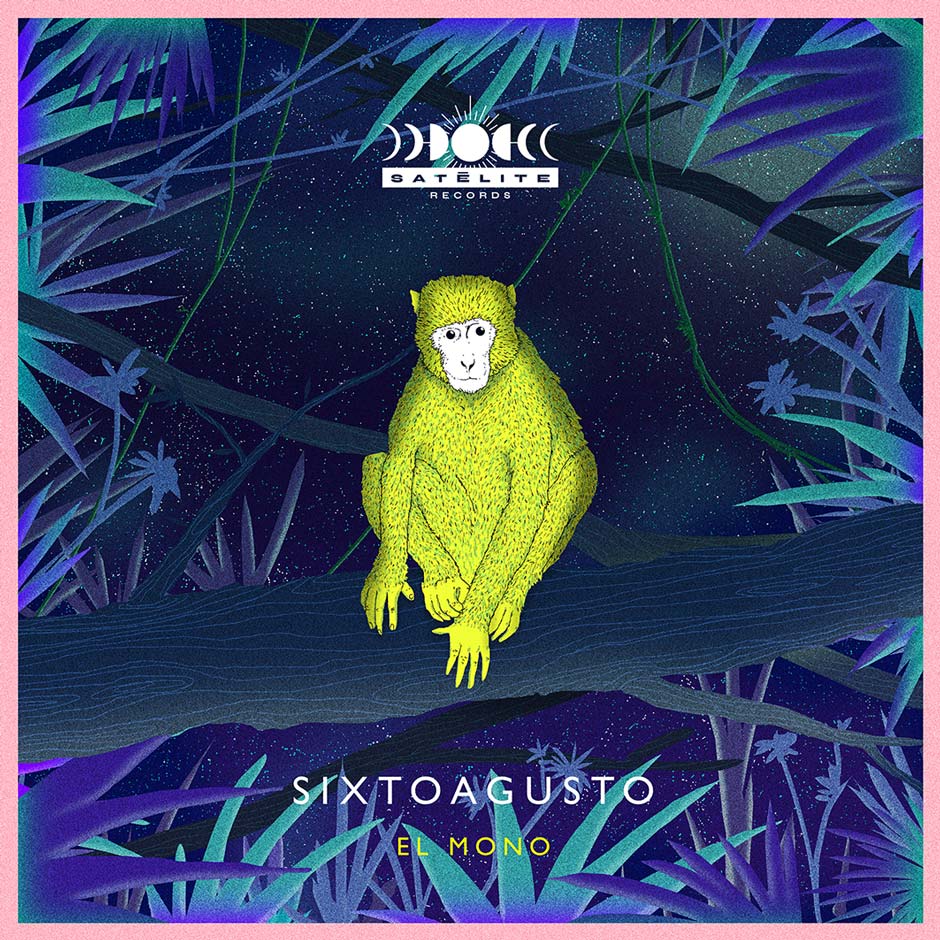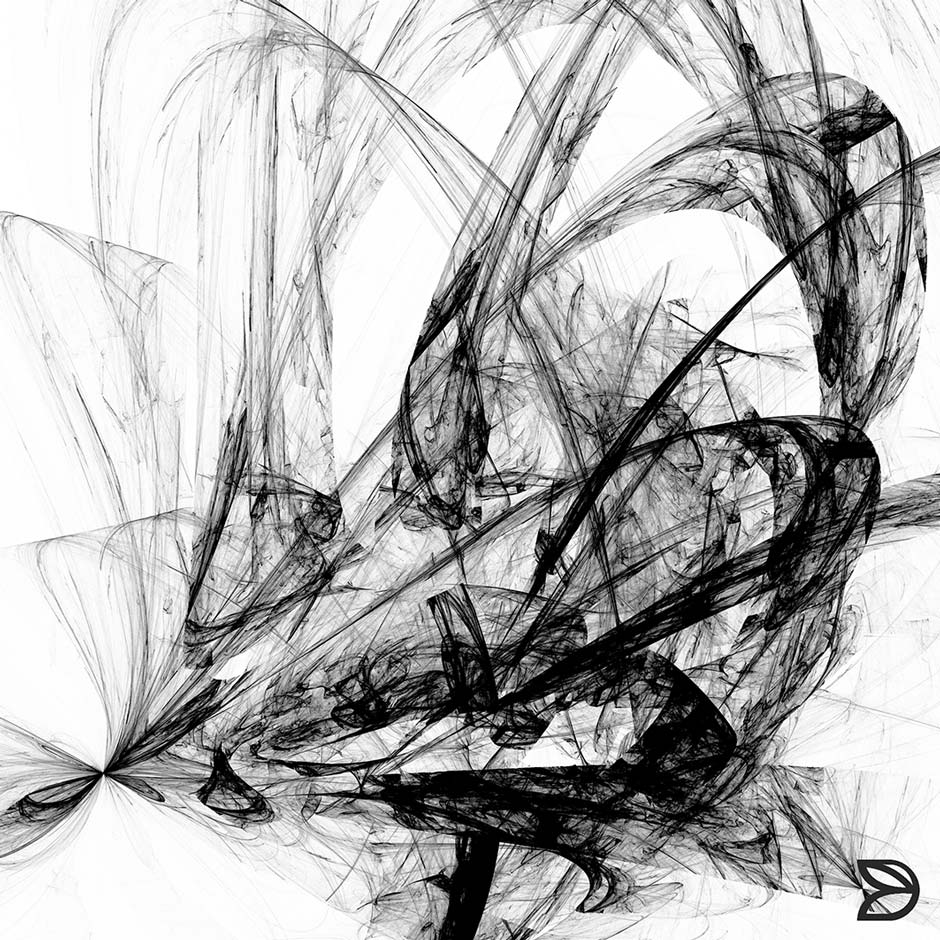Luca Musto’s artistry is like a diorama of images substantively reflecting a century of cultural moments crafted in modern musicianship by the German, who is affectionately Italian. The essence of his catalog is a paradox of nostalgia and novelty, fresh with depth, classical yet jazzy, soulfully poignant in iconoclastic repose.
Photo credit: Luca Musto – Facebook
His voice is original and personal, brandishing authentic comportment that stands refreshingly out amidst dance party consciousness. With wickedly fun lyrics he vividly presents the living world, like life in Berlin, heard on his first artist album, ‘Nice Place, Bad Intentions.’
The music is a tour de force of interior felt states, a canvas of observational commentary about the cultural realities unfolding in Europe, and personal encounters from world tours. Musto is recasting the 21st-century with soulfulness, shining light in places where deep artistry is antidote to cultural decline. His response is depth in the face of contest, taking audiences through territories of novel and tragedy whilst overthrowing postmodern abstraction and the by-passing inherent in pop culture. The moods are melodic interplay of humanness, evoking sensitivity for hard truths laid bare. His ability to invite shadows into light creates a highly nuanced sonic palate that spans across a growing discography of vinyl and digital releases, a showcase of signature deep grooves commingled in heartfelt beats.
“Music expresses that which cannot be said and on which it is impossible to be silent.
”
–Victor Hugo
There is a simultaneous restful power living in his blissful compositions of enigmatic harmony, turbulent rhythm, and dope rhyme flowing from the chords in poetic recitation. He sustains an integrity par excellence, forging frequencies this sensate musical seer gleans the world as it is, and at the same time, holds the possibility of the coming of a new and better one. Tune in to Lockdown Grooves for a three-hour vivifying journey of nearly all original Luca Musto unreleased originals.
Another particularly notable aspect of this passionate artistic revolutionary refers to what he calls the ‘living thing’. The living element appears throughout maturely developed music that is meaningfully engineered like a still capture of the world in a moment in time. In this way, the listener is presented with a manifold viewpoint to see and feel aspects of cathartic revelation.
Luca is an in-depth source for the audiophile who seeks original works in independent vision and talent. Taking in his catalog is like reading a touching book; the story continues to evolve after setting it down and is lasting after finishing it.
He is uniquely configured on the global DJ circuit, leading fans into a wider spanning set of sounds, representing the many origins of the genre and evolving them. As a resident at one of Berlin’s staple underground dance institutions, Sisyphos, Luca can be found playing reverent tributes to soul, jazz, and funk music, doling out these genres in their full ancestral glory from which most modern music forms have roots. Without missing a beat, his sets are movements of classical, folk, soul, jazz, funk, hip-hop, blues, band, orchestral, house, electronica, and tech, and personalized for the setting and occasion.
Like a poised technician, Luca can strike any vibe whatsoever, for there is a feeling in him, a natural and honed attunement for cultivating an aesthetic experience out of the burning desire present that just yearns to be struck and followed. We are beneficiaries of this for this kind of artful presence, to be yoked free of the predictable, and the high tempo-driven rigidity demanded by most clubbing atmospheres. Musto is the cool antidote for the techno-autocratic exploits of control over quality. It is like he is always ready at hand with records destined by the cosmos to shutter the earth. His strumming of emotions is like an arrow of Cupid’s bow piercing through hearts of emotive minds.
“Music is the mediator between the spiritual and the sensual life.” - Nietzsche
Luca’s second artist album, ‘Old Habits Die Hard’, is an homage to his deeper calling, in which his smooth storytelling style has imprinted new substantive layers to firmament of modern global electronic music.
We sat for two hours to talk about his new album, and relationship with music then and now.
EG: Hi Luca, welcome to EG! How has the structure of the music you produce evolved, as well as your approach?
Luca Musto: Thanks for the invite. It is a constant development; everyone comes with a view of their approach to it. In collaborating, I evolve my workflow and have knowledge exchanges; a lot of amazing things can happen. Today, I am more into minimalism. I work in layering in the end to make it sound better but it can also make it worse. So, I strip down to the very core, the most basic thing, and then it has more energy, which is interesting to see. I know more now about what is wanted. I make it the way I want, not overthink in the detail work. And it is ok if it does not work. Letting go, not every track, song, or beat will reach the digital algorithm that people will listen to.
EG: I noticed on your ‘Nice Place Bad Intention’ album a spaciousness, room to breathe.
Luca Musto: That is so important, the silence in music. I remember thinking when I saw Dr. Dre’s productions he has a technique that after every kick and snare, after each drum element, there is complete silence – there is nothing in between. When you see the WAV file there is something beautiful about the structure of the silence. It is very well produced. It can be everything. It is, I think, the hardest to achieve the simple and have room for stuff, have the courage to do it, and not feel bored with the ease. Maybe the easy break out of nowhere is what makes it feel so special.
EG: There is a vulnerability in that?
Luca Musto: Yes.
EG: I saw an interview about how you worked in tech house and that you made a decision to go more with your own feelings, your own roots about what you like to create and produce.
Luca Musto: In a way, I never wanted to fit in anything people wanted me in, for sure, that’s why I did slow music from the beginning – back in the tech house time and side projects within that time – people would question 100 BPM, like what is this and why? They said no one is going to dance to this and stuff like that. But I went with my feeling, which was right, luckily enough, but I like my tech house – this music I played before my solo project feels fresh still, and that’s a good sign. It was an evolution to go toward downtempo, but I always produced faster stuff as well. I like both worlds. Even if I play faster records, they’re still my selections. I like playing going up and going down in tempo. Enjoying both sides.
EG: Dynamism, right? The explosive energy and subtle, gradual, and this comes together nicely as two sides of the same coin.
Luca Musto: Exactly. It is just a tempo thing. You can do a lot if it is not too aggressive to the ears. It can be sexy, funky, good times. Let the people dance.
EG: People dance at 100 BPM and to a mid-tempo range!
Luca Musto: Yes, 100 is lower range, midrange for me is 115, and everything from 120 onwards is faster stuff. I am super excited to play ‘Kater Blau’ on Sunday. People go every Sunday for this type of music to dance to, and it is one of the last spots since the pandemic. It is getting rare. They dance the shit out of their pants at 105 BPM.
EG: You were a producer of hip hop music first and then came to DJing a decade ago?
Luca Musto: I was a producer way before becoming a DJ. I became one out of the necessity to keep making music after our hip-hop roster dissolved due to natural changes of life paths. My good friend and I looked at each other like what to do without any artists anymore. He said let’s get some records and turn tables and start to DJ, so that’s what we did. Not shutting down the company. We were still enjoying and wanted to keep making music so we started with electronic, tech house, and our DJ team toured South Germany. Production first DJ second. It was a mix of everything in productions, and wanted to try other genres to continue growing my ears interest. Played bars and cafes with a blend of genres; a mix of everything. A friend made a mix tape entitled, ‘Sinty Eighty,’ dirty electronica techno from early 2000s. It was hyped in town. So, he influenced me on the techno side. Came all together with solo gigs playing all kinds of music. DJ team gigs played sexy deep, tech housey stuff, minimalist with nice vocals on it.
EG: How do you think being a producer primarily, and first in time, influences how you DJ and approach the craft?
Luca Musto: I can bring productions together that make sense, finding the perfect sweet spot in the percussion, and so on. Having a wide genre of tastes in music gives me more space to find other stuff, to find unusual electronic, the unique that has soul and lives. It’s not like a random arpeggiator and basic boring stuff to my ears. Even if others love that it is completely fine; I need something else, I need more. It helps me find and select stuff I like to then play better.
EG: That brings me to a question about the living thing, the soul, that element that you are attuned to and drawn to bring out in your production and in what you play – can you speak more to what that is for you?
Luca Musto: For me, electronic music is mostly static; the usual stuff is predictable so much that I am not amazed by it anymore because everything feels like it has been said already or used already – every synthesizer, every arpeggiator, or whatever. So, what lives is the detail work in between the bars – what you do in between those little spaces in the production and what you put in there.
To make things not too random. Taking the extra step of figuring out other ways to do things the music starts living more, rather than just played, it hits different. Everyone talks about the story in the track but I do not really hear it. Maybe it’s because I am too picky, maybe I am very biased. I do not know. I feel like in hip-hop productions you will find these hidden messages, the little skits, intros, and outros that make the track so interesting and living more. In electronic music there is this very static intro loop, build-up, first break, first drop, second break, second drop, outro – its always the same. It’s a crazy formula that works very well on the dance floor, but it becomes repetitive, so I want to push myself to try and find ways to make sound live more. In order to make it so special that it gives this other feeling to be hooked by a track because it gives goosebumps; it is living.
Doing unexpected things in the productions, like coming out with a synth that you did not hear before over a specific instrument makes it living also. I need more than the usual production techniques that everyone uses these days to give a record some life, an idea, a red thread, a concept behind it.
EG: How has the living aspect you are describing come through on your new album?
Luca Musto: I have voice memos. I also record atmospheres from cities or countryside that sound peaceful or beautiful, like a Mexican shore. I put these recordings in the background of tracks sometimes and make them low in the volume doing their thing. I do that a lot.
“I never wanted to fit in anything people wanted me in”
EG: Have you noticed any kind of person who listens to your music, that values and is drawn in?
Luca Musto: Interestingly, there are a lot of pot smokers that I got the pleasure to meet. They tend to like arts in general, like painters, visual arts, but all like sexy music. A lot of people tell me my music sounds sexy and I’m like hmmm. It is not that I feel sexy when I make it, or have this approach when I do it but people tell me that, and so many are sensual persons. It is super interesting.
EG: Is it like you find out things about yourself from the people who tell you about your music?
Luca Musto: Some of them send me amazing tracks that they think could fit in my DJ sets which I am astonished by. I got three gems over the last year that blew me away, like why don’t I know this track, the grooviest songs. They make me realize about myself that I dig deep into music in a specific sound and feel to it.
EG: Is what you are transmitting by putting your heart and soul into music being fed back to you like you are getting what you are giving?
Luca Musto: I think so. It is shocking because I got this track someone sent to me recently, and every time I drop it, people are like it is incredible because it really is, and that is what I am all about. I want to bring people something different, something well-crafted. So if everyone takes their energy, being very specific about their tastes, and are sending it to me, that feels like a jackpot because there is a lot of music out there these days, but finding the good shit is getting more difficult now.
EG: As a segue into the questions I sent you ahead of time, can you tell me what it is feeling like to be Luca Musto right now?
Luca Musto: Feels like a constant playing with following my dream and completely failing because everything can change so fast and drastically. It is an interesting path. I am in transition mode right now with the second full album. I feel blessed that people from all over the world follow my music. ‘Old Habits Die Hard’ – I have to make music.
EG: How has Germanic way of living affected your personality as an Italian?
Luca Musto: I am Italian but was born in Germany. Many Italians don’t see me that way and same for Germans. With family, I speak Italian, with friends German, and internationally English. It can be confusing; lost in translation. I am more picky as a German, punctual, and calmer. I do not feel myself as German but do Italian. In Berlin they think I am Arab, so at this point, I am not questioning it anymore – just going with the flow.
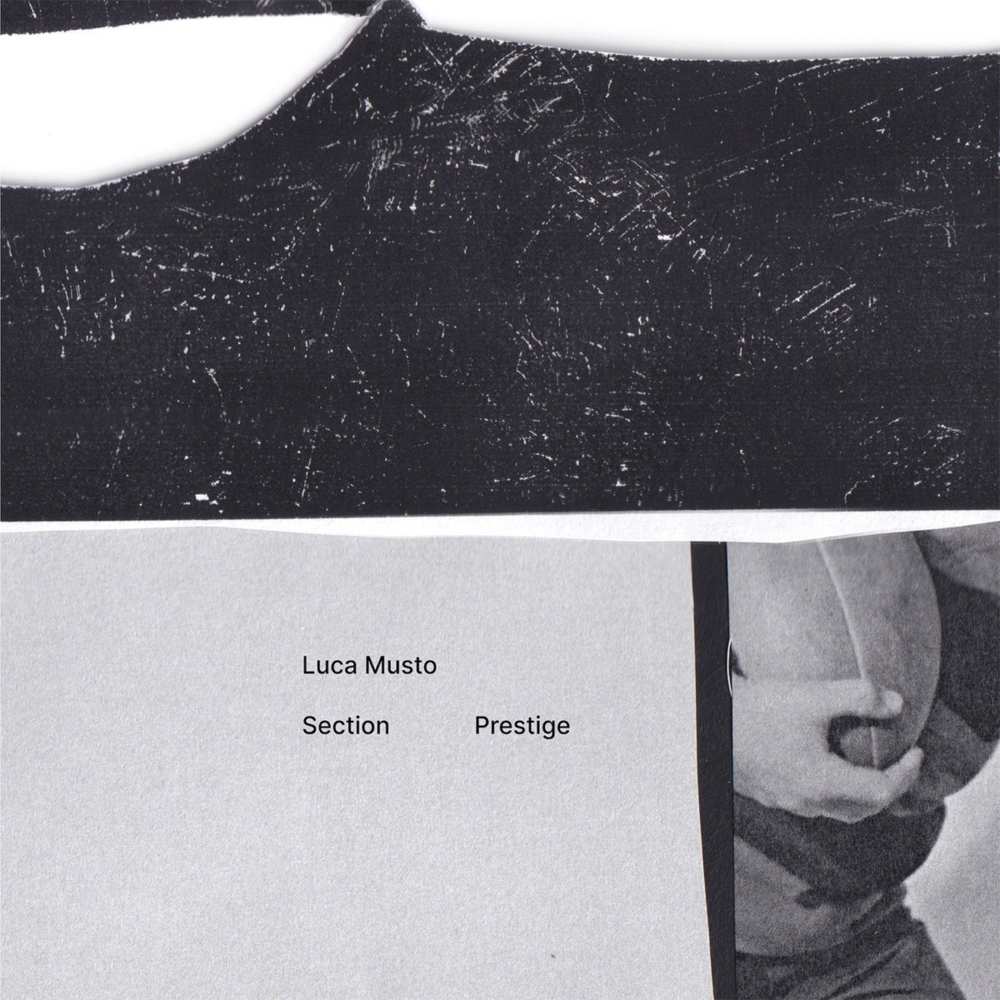
EG: What is the first record you ever heard?
Luca Musto: Hard to remember one. Probably Italian folk music like on vinyl Pino Daniele, a great singer and guitar player from Naples.
EG: Do you remember what it felt like when you first recorded music?
Luca Musto: It was in the cellar of a friend who set up a studio for us to record as rappers. The discovery felt so incredibly fulfilling, to use time in such a cool way before social media and phones, so we had to actually do something with our free time instead of scrolling on this thing. It was a beautiful time with great energy.
EG: What is it like now, having recorded your second studio artist album?
Luca Musto: It was quite a ride. Initially, I wanted to record in Seattle, I love that city. Unfortunately, that did not work out. But in the end, it worked out well because I got to work with musicians that I wanted to in Berlin with a great studio.
EG: A studio, musician colleagues, you and your second studio album – can you paint a picture of how the process unfolded and if any notable unexpected turns, or discoveries were made along the way?
Luca Musto: One lick played slightly different brought together a track that I rearranged and mixed so many times that it was crazy making. I realized sometimes two years is too long to work on a song.
I try to speak with an audience and what I get is something more to put into the music again, so it is like a living circle. This makes it fulfilling for me because I can see that people care about it; people see and hear the things I do in the music even though I am not sure if someone will hear or realize what is in there. There was a producer I worked with once when in doubt about if what I was doing would be noticed at all, and he stopped and looked at me shocked and said believe me people will hear it. It was a good insight for when I have doubts about what I am doing in the music, that people will eventually hear a particular part, and if not, it is fine to do it for myself. When people share what they resonate with makes me happy.
EG: And you are a serious lyricist, too.
Luca Musto: Yeah, man, on the first album, that is all true stories. It is my interpretation of the city. I stepped back from rapping on the new album. I need to feel the inspiration and urge to say something. I do not want to have empty shell of words that do not have meaning. With the first album, it came to me like keep going and writing. I do not like to push it, sometimes there is nothing to say right now.
“Having a wide genre of tastes in music gives me more space to find other stuff, to find unusual electronic, the unique that has soul and lives”
EG: Yes, that reminds me of the living thing, the space and life of silence.
Luca Musto: Yes, the life of ideas, too. I do not see myself specifically as a rapper, but I have something to say, and that’s just my way of transporting it in the end. It turned out that is the way that I am coming from [hip hop producing], so it makes perfect sense. It is not that I am writing constantly like Nas with his crazy rhyme book. I wish I could be that good, but I have too much respect than to call myself a rap artist.
EG: Where were you when you knew the weight of your life would be thrown into producing music and that this meant you would go wherever in the world that took you?
Luca Musto: I realized pretty late. I did not start producing to make money, play shows or gigs. I was almost 30, and I realized I played three shows in three countries in a week in Europe: Paris, Mykonos, and Romania. After that week, I was finishing my first record and felt what I was being pushed toward; I could see it. It was at a point that I considered stopping, but I let go of old ideas to be fully available for a new one: I am ready to spread music globally.
EG: ‘Old Habits Die Hard’ – can you name a favorite, maybe the oldest habit you would not stop if you could, and a new or imagined habit worth picking up?
Luca Musto: Discovering mind-blowing music. I love discovering new bands. Stop listening to shitty promos.
EG: What stands out to you about your process in writing your newest album?
Luca Musto: Working with the musicians on the project changed how I look at songwriting, going beyond formula. There was excitement about trying new arrangements. There was more air to breath and out-of-the-grid habits, making more of a mess with it was beautiful for trying new things while incorporating intros and outros that I got from hip hop. What makes the whole thing is the little parts in between.
EG: Which lyricists, and authors are you resonating with lately?
Luca Musto: Kurt Vonnegut, I love his style of writing for the dark humor and sarcasm. Conway the Machine with the Griselda crew delivers hotness straight. The way he spits rhythms and structures in ways is insane. This music is exciting me right now.
EG: Favorite, or top rap lyric?
Luca Musto: Dr. Dre’s ‘The Watcher’ from 2001 album because of the grown experienced point of view. Maybe it should be the whole Kendrick Lamar discography.
EG: One record life would be hard to live without?
Luca Musto: I could not live without Dr. Dre’s ‘2001’ album. The production is timeless.
EG: Favorite instruments?
Luca Musto: I love the acoustic guitar. I love raw, dirty delta blues. One person, one guitar, an empty room, and a bottle of whisky, and the truth has got to be told.
EG: Describe your perfect music experience.
Luca Musto: Moodyman’s set one perfect sunny open-air afternoon in Berlin. All the outcasts were there and usual party makers were not from attending a huge festival. There was like-minded people left there. Moodyman played Outcast’s So Fresh and So Clean in the middle of a disco, techno, and everything goes kind of set. It was just about the music. Not crowded, plenty of room to dance. I love that afternoon so much.
EG: Artist or music project you would love to be part of without limit to time and space?
Luca Musto: Soul assassins. DJ mugs, the way he does the artistic direction with photography, tattoo artists, music label, brand, clothing and stuff. I love that movement. American hip-hop artists do so well to put their musical vision out to transform into something so much bigger, a movement and certain sound and look that goes together in a perfect symbiosis. I love that collective of people, so creative, so unique, so different.
EG: Have you noticed any themes or trends that stand out to you over the last 25 years of music craft, culture, and the business of it all?
Luca Musto: This is a good ending question. I thought about it a lot flying home from shows in Dubai. Trends with Spotify, DSPs, and its super unfair to some people, and super too fair to others. For instance, there is no hate here, all the super famous bands from the 90s were rich already, and just became rich again. The stream brought them a bunch of more money, and it’s fine because it is their music, and they need to be paid for it. When I see, however, that Spotify pays so many millions to this podcast division and buying talent, then refuses to pay a fair amount to the artists that actually make the music on the platform… I do not know. It’s weird times.
What I really see and feel is everything goes in cycles; things are coming back in a recycled kind of way, and right now in Berlin, the 70s and ’80s style is coming back, and the same with the 2000s Eurodance, Gabba. Trashy music is having a comeback with tic tok techno atmosphere with all these DJs playing 150 BPM shit; there comes I am a Barbie girl in the middle of it, and people go crazy.
Someone told me something interesting on the dance floor about this new wave and trend of super-fast music right now because he asked his daughter what this 150 BPM music is about for young people, and she said the Pandemic closed us up and we could not party, so right now we feel like we need to get everything back from the missing times, so we need faster speed to get over it faster, and be partying faster and more. It is funny to think about it. It is a complete mess. The culture is repeating itself again, and that’s what I see all the time, but then I do not get the cycles too much because I do not understand. I would love to figure out the best way to go and do as an artist, but in the end, I feel better doing what I feel like doing. I guess that is the essence of everything anyway.
So, I am super happy that I can do that, and having my own label and put out what I want, and work with whom I want, and not having all these needs to do it because it is trendy, or because it is this or that, so you get more shows, opportunities, interviews, or whatever. I want to go back to where I started in the first place and make music that I want to. And when people resonate with it, when people seen the things in between, then I reach the point where I wanted to go, even if it means that I need to struggle as an artist still, but that will eventually change at some point. I could still go for the corporate job anyway.
EG: I resonate with what you are saying, I want to feel the music and go beyond the competition of how to be or not be.
Luca Musto: Yeah, man, it is all about the feeling. It does not feel correct to do it just because someone told you to, expectations, or this or that. The best way is to go with what is felt because ‘Old Habits Die Hard’ eventually anyway, so it cannot be helped, so I express myself through music. It is the medium that was chosen.
Luca Musto’s ‘Section Prestige’ is now available on Rare Affair. Stream and download here.
Follow Luca Musto: Spotify | Soundcloud | Instagram | Facebook


